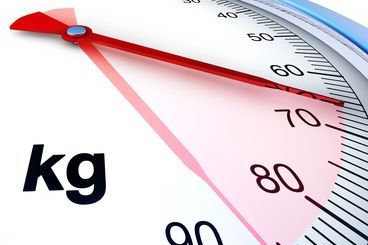
(Vienna/APA, 02 July 2019) The Austrian Medical Association (ÖAK) wants to set up an expert committee to curb and prevent morbid obesity in children and adolescents. A small team with decision-making capability is to work with the Health Ministry to develop, implement and evaluate concepts, it was announced at a press conference held in Vienna on Tuesday.
"The mass phenomenon of morbid obesity is a timebomb in terms of healthcare, healthcare policy and health economics," said Medical Association Deputy Chair Johannes Steinhart. He said that one in three children aged between six and nine is currently obese, which can result in serious disease even at a young age. The Medical Association is therefore working with dieticians from MedUni Vienna to develop the "Obesity Action Plan".
Expert Committee on Nutritional Medicine: Austrian Medical Association, Health Ministry and MedUni Vienna
Specifically, this would involve independent Austrian and international dieticians developing concepts to curb obesity in children and adolescents, monitoring their implementation and evaluating the results. This is to be done in an as yet undefined collaboration with the Health Ministry.
The World Health Organization (WHO) expects every member State to produce suitable concepts to combat obesity by 2020. "In summary, the aim is to prevent premature deaths and significantly reduce the health burden associated with obesity," said Kurt Widhalm, President of the Austrian Academic Institute for Nutritional Medicine. These and many other steps require medical oversight. Says Widhalm: "It is very gratifying that, as well as the Medical Association, MedUni Vienna is also going to take part in this process."
A few prerequisites have already been established. For example, the Austrian Medical Association developed a new Health Passport for children and adolescents aged between 7/8 and 16/17. In addition to this, there is extensive health data available from school doctors, which have not yet been evaluated. Also, 1,600 doctors in Austria have completed a diploma in nutritional medicine. "This expertise is essential if we are to achieve the WHO targets," said Steinhart.
A lot will have to change on the way to our goal. For example, a study published in "The Lancet" recommends a maximum of 35 g of meat a day, which will also help to counteract global warming. "Approximately 6 kg of plant-based animal feed is required to produce 1 kg of meat," explained Widhalm . As well as this, meat is the biggest factor in greenhouse gas emissions related to food production.
(APA) fwi/gl/lor